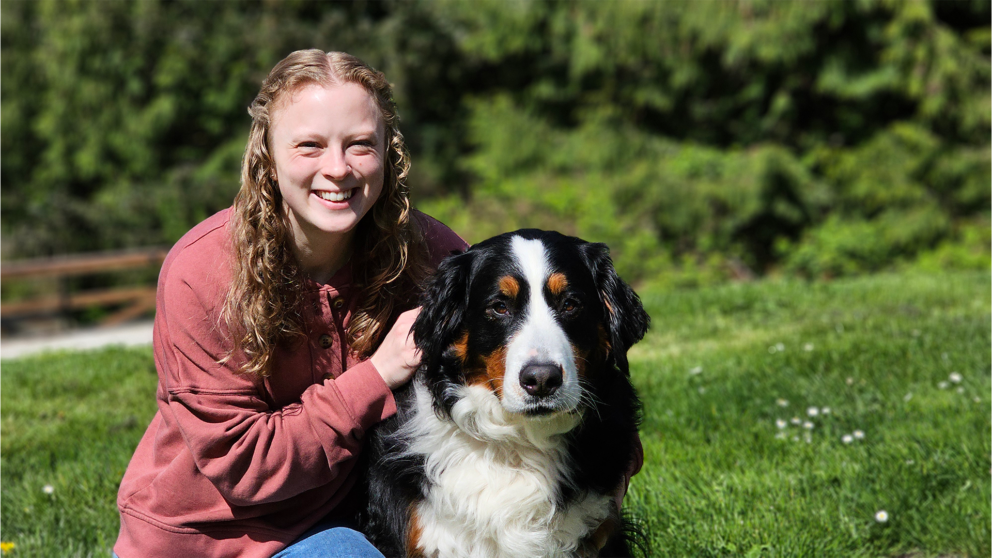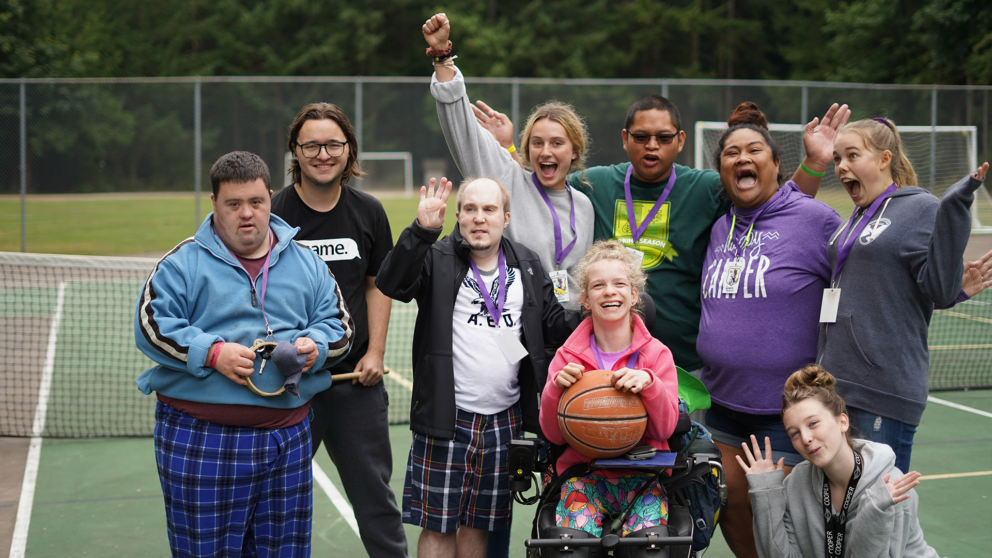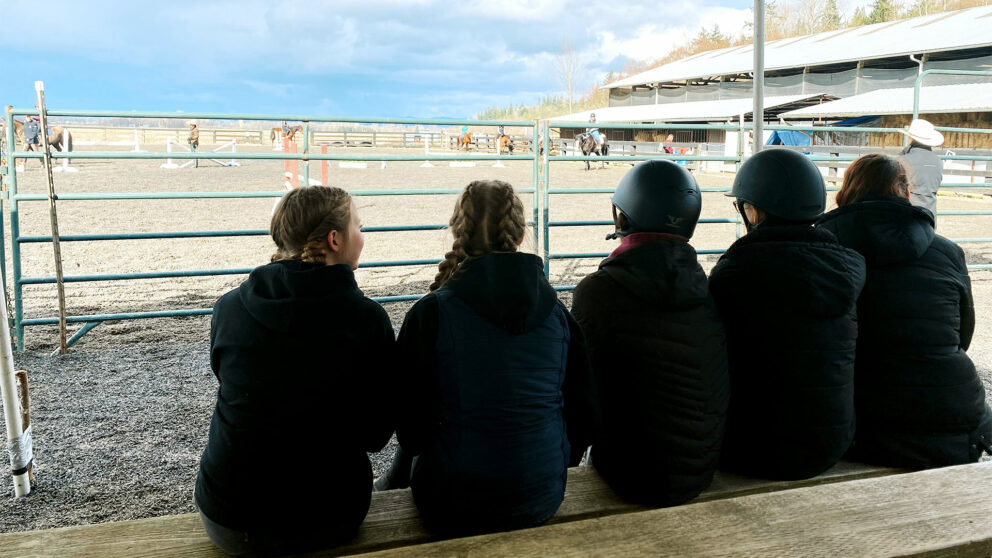Experiential Learning Outcomes for Outdoor Science Education
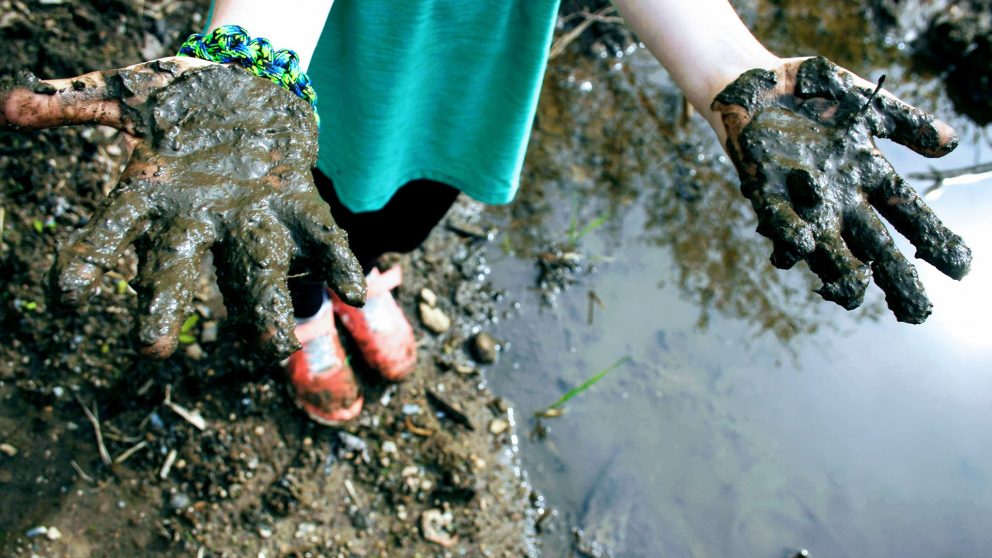
Photo by Ellie Storms on Unsplash
“What I hear, I forget. What I see, I’ll remember. What I do, I’ll learn.”
-Chinese proverb
This proverb could be the first identification of the styles of learning. It certainly is one of the earliest confirmations of what many educators have developed over the years. Many advocated children going outside to learn about the forest by walking in the forest. Encouraging students to bring a notebook along, stopping, seeing, drawing, smelling, digging, and measuring. It’s a practice that is still used in the classroom today.
One teacher brought her elementary class outside in the school’s playground landscaped area. Each pair of students were to measure a square foot of soil, then dig down one foot as best as possible. Oh, the hard work! With laughter and help, if needed, students dirtied their hands as they dug deep into learning and the Earth.
Eventually, they completed their directive. Taking their notebooks and small trowels, they followed directions to dissect the square foot of soil.
So many discoveries! Worms, centipedes, other bugs. “Ooh, it glows!” one student yelled in excitement. Different colors of soil. “Darker on top!” shouts one student. “It smells good, it’s moist, sort of.” says another.
At the end of that exciting science lesson of doing and observing, what remained were many wonderful piles of dirt with all its intricacies. The teacher got the students’ attention again for some reflection, drawing out learning outcomes from the children.
“One final detail.” the teacher said. “Now, put it all back together, like you found it, and put it back into the ground.”
Jaws dropped. Stunned silence meandered before the cacophony of cries, “What? We can’t do that!” “Like when we dug it out?”
The children couldn’t do it, they couldn’t understand why they were being asked to do an impossible task. Of course the teacher calmed them down, and led them through questions about the basic facts of why the task was impossible.
“So, why do we need to take care of the Earth? How fragile is soil?” Lessons learned.
Experiential learning provides real-life context to complex problems. Giving students the ability to experience learning objectives and retain information for real-life problem solving.
Students have an opportunity to practice experiential learning through the Outdoor Education program at Warm Beach Camp and Conference Center. Students learn about diverse ecology and sustainability through the great outdoors!
For more information visit warmbeach.com/OutdoorEd or call 800-228-6724.
–Mary Pat Sullivan, Outdoor Education Director
Warm Beach Camp and Conference Center
